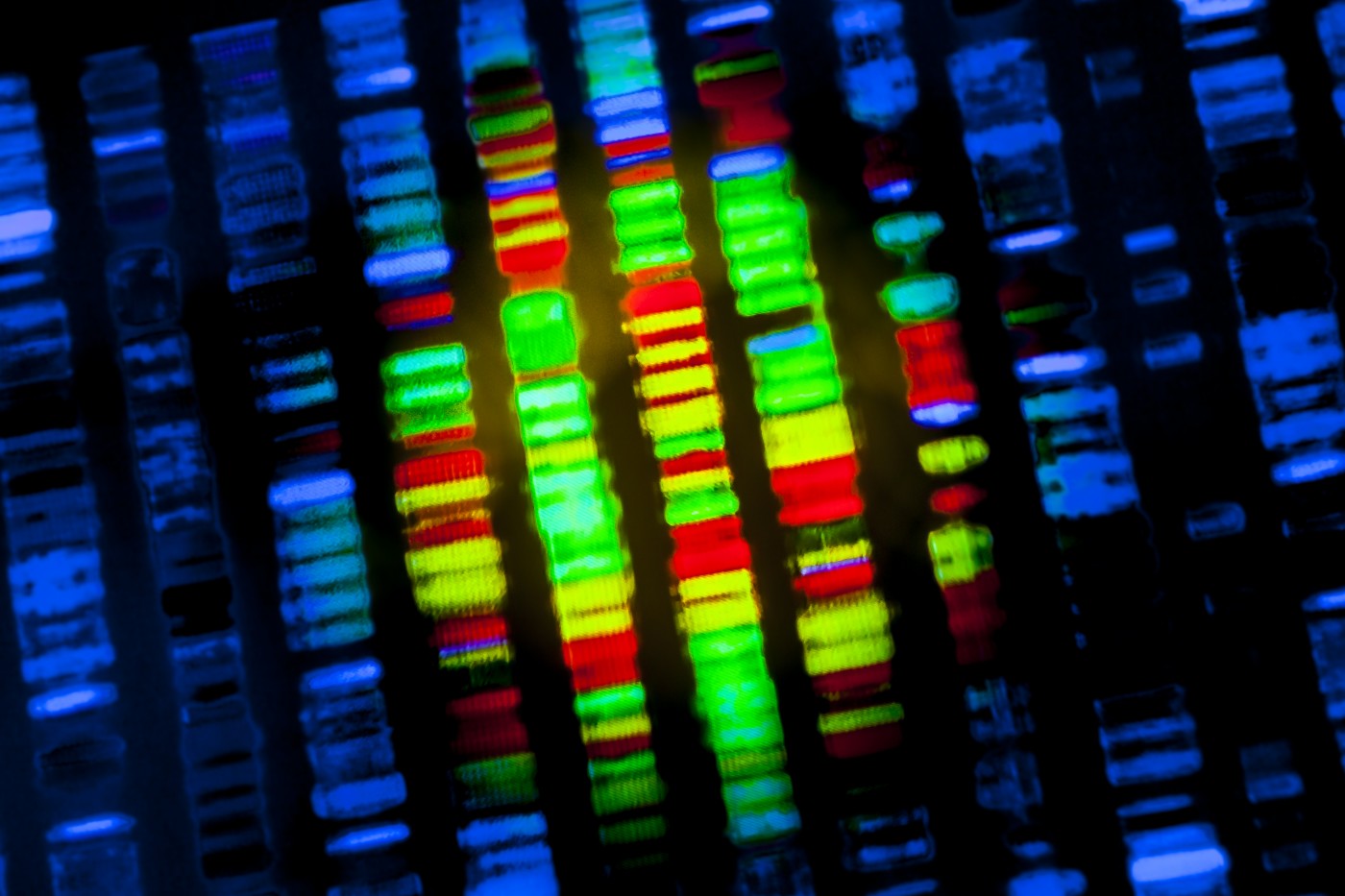‘Lantern Project’ Shines Light on Genetic Testing for Rare Disease Diagnosis

Next-Generation Sequencing (NGS)- assisted diagnosis
Sanofi Genzyme has partnered with PerkinElmer Genomics to launch a free genetic testing program called The Lantern Project. The initiative is directed at patients in the United States who have, or are suspected of having, specific types of lysosomal storage disorders, including Gaucher disease.
Those who have Fabry disease, Pompe disease, Niemann-Pick type A and B, mucopolysaccharidosis I, limb-girdle muscular dystrophy (LGMD), and other proximal muscle weakness disorders also are covered by the program.
For example, there’s an option of an enzyme panel for seven mucopolysaccharidoses and a 105-gene panel for LGMD and other myopathies (muscle tissue diseases).
Taking advantage of next-generation sequencing technology, a much faster and less expensive way to sequence DNA, The Lantern Project allows sequencing of various genes simultaneously. That means patients can be tested for multiple LGMD disorders at the same time as other similar conditions, like Pompe disease and spinal muscular atrophy.
The program offers not only a screening tool for suspected lysosomol storage disorders, but also confirmatory DNA testing and blood-drawing services.
“The Lantern Project is another reflection of Sanofi Genzyme’s continuing commitment to the rare disease communities we serve,” Sarah Gonzalez, head of Medical Diagnostics and Strategic Partnerships at Sanofi Genzyme, said in a press release.
“While we have seen many significant advances in research over the past 30+ years, there are still tremendous challenges in helping patients get a diagnosis for many rare diseases,” she added.
More than 40 types of lysosomol storage disorders have been identified. Individually, lysosomol storage disorders are rare, but together they affect about one in 7,700 births, therefore representing a relatively prevalent health problem.
The vastly variable clinical presentation and the rareness of a given lysosomol storage disorder contribute to missed or delayed diagnosis of such disorders, plus a final diagnosis may take years, during which other possible diseases are assessed and excluded.
The Lantern Project was designed to overcome the difficulties patients have in accessing comprehensive testing services for these diseases; the program allows for additional diagnostic testing when results of previous genetic tests are inconclusive.
“The Lantern Project will help more patients access testing while also raising broader awareness of the critical need for more diagnostic services and support for all people affected by rare diseases,” said Gonzalez.
Nonetheless, the initiative should not interfere with patients’ or physicians’ free will regarding available treatment options for lysosomol storage disorders.



